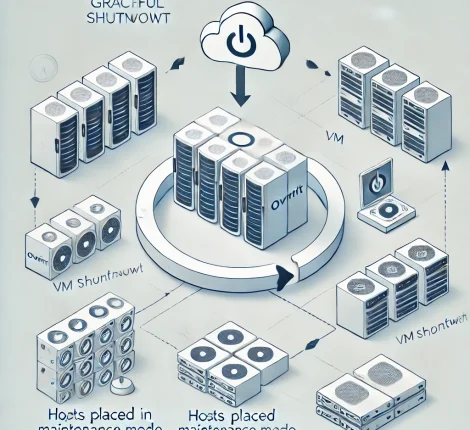If you’re encountering an error message similar to this:
Error: could not open `D:\Java\jre1.8.0_202\lib\amd64\jvm.cfg'
This error usually indicates that the Java Runtime Environment (JRE) is configured incorrectly. In this guide, we’ll walk you through the steps to resolve this issue, especially if you have recently installed a new Java version, such as `1.8.0_121`.
Step 1: Check and Update Environment Variables
Java’s configuration on your system depends heavily on environment variables. To ensure everything is pointing to the correct version, follow these steps:
1. Open System Properties:
– Right-click on “This PC” or “Computer” and select Properties.
– Click on Advanced system settings on the left panel.
– In the System Properties window, click on the Environment Variables button.
2. Update JAVA_HOME:
– Under System Variables, look for a variable named `JAVA_HOME`.
– If it’s set to an incorrect path (such as `D:\Java\jre1.8.0_202`), update it to the correct path of your installed JRE. For example:
C:\Program Files\Java\jre1.8.0_121
– Click OK to save the changes.
3. Update the PATH Variable:
– Under System Variables, find the `Path` variable and select it, then click Edit.
– Ensure that the path to the correct version’s `bin` directory is included. For example:
C:\Program Files\Java\jre1.8.0_121\bin
– Remove any paths that reference outdated or unwanted Java versions (e.g., `D:\Java\jre1.8.0_202\bin`).
– Click OK to save the changes.
Step 2: Remove Old Java Versions
If you have multiple Java versions installed, the system might mistakenly reference the wrong one. Here’s how to remove any old or unused versions:
1. Open the Control Panel and go to Programs and Features.
2. Scroll through the list of installed programs and uninstall any outdated Java versions, especially `1.8.0_202` if it’s no longer needed.
3. Once uninstalled, close the Control Panel.
Step 3: Check Application Configuration Files
Some applications might have their own configuration files that point to a specific Java version. To ensure your application uses the updated Java version:
1. Locate the configuration file for your application (if applicable) and open it.
2. Look for any entries that specify a Java path (e.g., `D:\Java\jre1.8.0_202`) and update it to the new path, such as:
C:\Program Files\Java\jre1.8.0_121
3. Save the changes and restart the application to check if the error is resolved.
Step 4: Restart the System
After updating environment variables or uninstalling software, it’s a good idea to restart your computer. This ensures that any changes take effect across the system.
Summary
By following these steps, you’ll ensure your system is properly configured to use the installed Java version (`1.8.0_121`). This should resolve the “jvm.cfg” error and allow your applications to function as expected.





